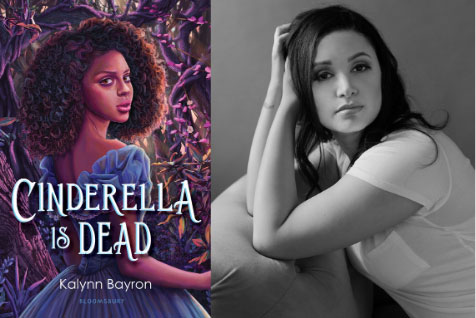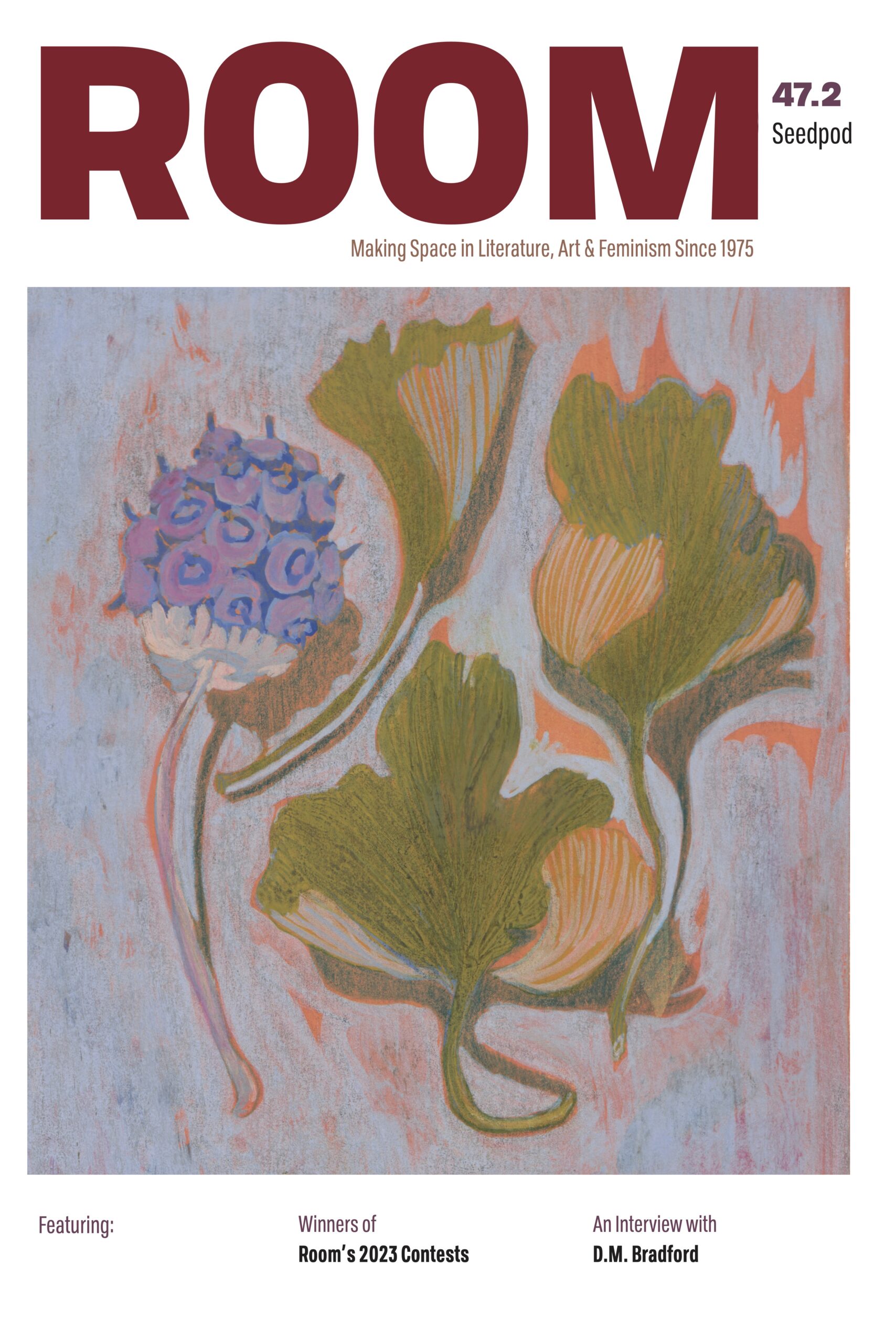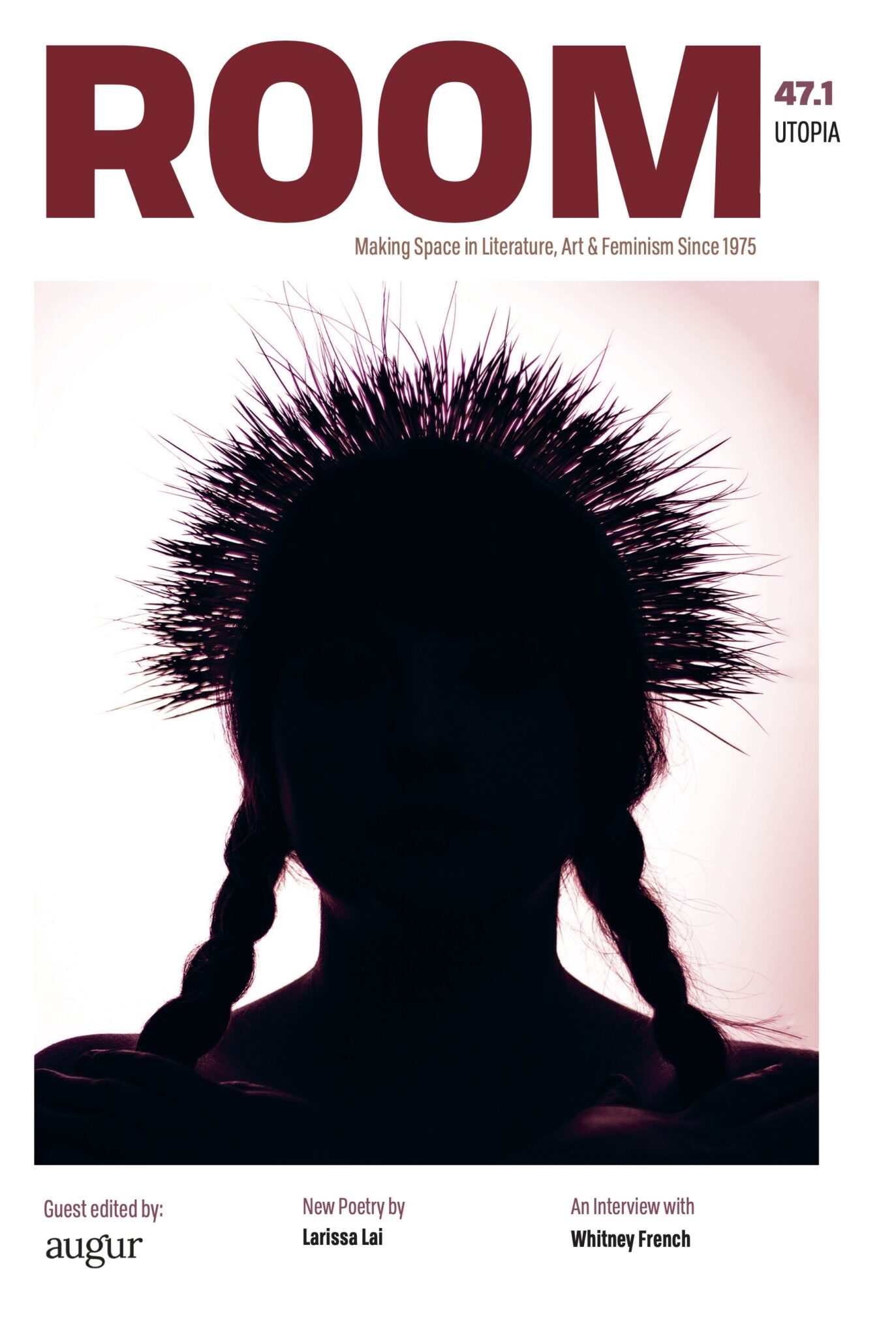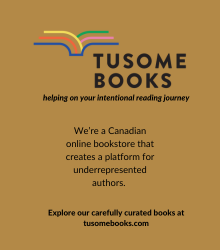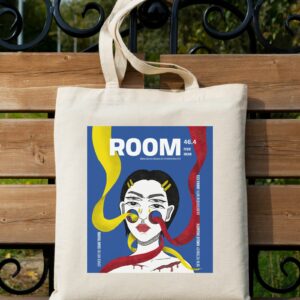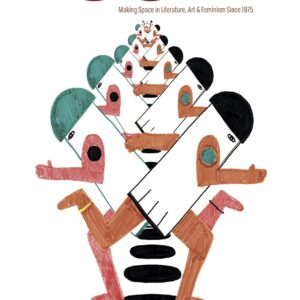Every industry has been impacted by COVID-19, but what are the implications for a debut author? In this interview, Kalynn Bayron, the Black, queer author of Cinderella Is Dead, shares what it was like to promote her book this summer, against the backdrop of the BlackLivesMatter movement. Cinderella Is Dead is a feminist, YA remix of “Cinderella,” which takes place 200 years after the story we know. It centers the story of two Black teenagers named Sophia and Constance, who fall in love and then together, they destroy the patriarchy. Sophia is being forced to attend the annual ball to find a suitor. All of the young women have, at most, three chances to attend a ball and attract a marriage partner before becoming a forfeit—and they are never heard from again. She makes the desperate decision to flee the ball and finds herself hiding in Cinderella’s mausoleum. There, she meets Constance, the last known descendant of Cinderella and her stepsisters. Together they vow to bring down the king once and for all—and in the process, they learn that there’s more to Cinderella’s story than they ever knew. . .
MELISSA MONTOVANI: What inspired you to retell the story of Cinderellaas a Black, feminist, and queer story?
KALYNN BAYRON: Princess stories are so prevalent, but they rarely include characters with even one marginalized identity much less intersectional identities. What does it mean to live in a patriarchal society as someone who is Black and a woman and queer? How do the compounding effects of that marginalization affect the world view of the protagonist? When I sat down to write Cinderella Is Dead, it was important for me to create a world where the protagonist was the kind of person I wanted to see more of in YA fantasy, namely Black queer girls, and to explore this fantasy setting through her eyes. We need stories that reflect us in all our complexity and nuance. “Cinderella” is such an instantly recognizable tale. It was the perfect vehicle to deconstruct concepts of patriarchy, heteronormativity, and misogyny.
MM: In Sophia’s world, many of the young, engaged, or married women experience abuse and violence by their male partners. Why was it important to share a fairy-tale world where marriage isn’t always happily ever after?
KB: Nearly twenty people are physically abused by an intimate partner every minute in the US. On an average day, nearly twenty thousand phone calls are placed to domestic violence hotlines. This story is a fantasy, but many of the rules and incidents I’ve included are things that happen in the real world, including incidents of domestic violence.
I can imagine a world where that doesn’t occur, but for this story it was important to illustrate how a set of laws/rules/texts, like the ones that exist in Mersailles, encourage abuse and shield abusers from any kind of accountability. It is something Sophia sees with her own eyes, and it leaves a mark on her. She cannot stand by, and it is one of her motivations for continuing on, not just for herself, but for all the people of Mersailles.
MM: In Cinderella Is Dead, the society has long suggested that queer people don’t exist. At one point, I got chills when Luke tells Sophia: “Just because they deny us doesn’t mean we cease to exist.” Why was it important to center queer characters in a beloved story?
KB: That line is one of my favorites because it’s the absolute truth. We are here. We exist. There are those who may not like it or agree, but our existence is never up for debate. Our humanity is not a matter of opinion or preference. Just because they deny us doesn’t mean we cease to exist! I wanted Sophia to be at the center of this story, and I wanted her to be loved, fought for, worried about, and cared for. That’s not to say the she doesn’t experience some very tough situations, but she is always someone that is worthy of care and concern. We deserve to see that in this kind of story.
MM: One of the things I love about Cinderella Is Dead is that it offers such a strong message of resistance, even though many of Sophia’s friends and the adults in her life accept the status quo. Why do you think it’s important to offer teens a strong, Black, queer character who demonstrates that change is possible?
KB: If we are talking about creating real, lasting change in our world, both the real and imagined, it stands to reason that we need to listen to and elevate the voices of the most vulnerable among us. If readers pick up this story and see Sophia, maybe they’ll feel seen, maybe they’ll feel empowered. That’s my greatest hope.
MM: What is it like to have your debut novel, Cinderella Is Dead, which features a Black female lead, released in the midst of a global pandemic and at a time when there’s a growing level of support for the Black Lives Matter movement?
KB: It’s a lot to consider. The pandemic has changed the way we do things, and I don’t mind making adjustments to keep myself and the community safe. The pivot to virtual launches and events has been a steep learning curve for publishing, but I think we’re starting to get a better handle on it. I’m an optimist, so something really good about this is that these events have become accessible to more people, readers, and publishing professionals alike. I hope we’ll continue some of these practices as we move forward.
As far as Black Lives Matter, I don’t feel any differently about releasing a book right now vs. any other time because I am always in the middle of a Black Lives Matter movement by virtue of being Black. I never get to turn away from what it means to be Black in a society whose founding tenants are rooted in white supremacy, nor do I want to. I do have conflicting feelings about the wave of support myself and other Black creatives have experienced recently, though.
On one hand, I am glad people are waking up and paying attention. I’m happy to see the enthusiasm for supporting Black creatives, and I hope that people continue to do that. However, I wish the support hadn’t been a result of watching another Black person be murdered in the street. What happened to George Floyd was a reprehensible act of racist violence. So was what happened to Emmett Till, Trayvon Martin, Riah Milton, Eric Garner, Tamir Rice, Freddie Gray, Oscar Grant, Sandra Bland, Breonna Taylor, Dominique “Rem’Mie” Fells, and Tony McDade. There are so many names, and they aren’t faceless to me or my community. Where was the outrage then? I cannot comprehend the amount of privilege you have if this is the first time you’re realizing that systemic racism exists and costs Black people our lives on a regular basis. And why does this new wave of support already seem to be waning?
I am justifiably frustrated, but when I have nothing else, I have hope. Every day is a new opportunity to work towards lasting change.
MM: While I know both Sophia and Constance are Black, queer characters and neither are meant to represent Cinderella, I’ve seen Cinderella Is Dead described as a Black Cinderella who meets and falls in love with a character, like Merida from Brave, and together they destroy the patriarchy. What do you say to people who have characterized your novel in this way?
KB: Once you publish a book it belongs to the readers. People can, and will, take the characters and make them their own. Sophia is not a Black Cinderella, but we come to find that she has a lot in common with the real Cinderella (no spoilers!) as she exists in Cinderella Is Dead. I have seen those characterizations of Constance and while Merida is a wonderful character and Braveis a cute movie, the only similarity between her and Constance is the color of their hair.
Something I am constantly in conflict with is that the fantasy YA canon is very, very white. Stories that feature Black characters in this genre are so few and far between that when new stories are created, characters are assumed to be white until I, as the author, specifically tell you they’re not. That puts me into the position of having to explain that Black people don’t all look the same and that we come in all shades with all different colors of hair. It puts me in the position of having to consider the white default in everything I write, which can be exhausting and disheartening. I’m being asked to shoulder the burden of that ignorance. How is it fair that I can only write Black characters in a way that makes them instantly recognizable to white audiences? What does that say to my Black readers, who understood who Constance was from the jump? And what makes someone obviously Black to non-Black readers on the page—what collection of stereotypes and caricatures is sufficient? The problem is not in my portrayal of Blackness, but in the notion that all Black people must exist in the same way. We are not a monolith. I don’t think, in most cases, that the mischaracterization of Constance is malicious. However, I do think it speaks to the desperate need for more inclusive representation in children’s literature.
MM: How is the lockdown affecting your productivity? Or has it?
KB: It’s been tough. I have kids, so they’ve been home too. Their safety is my biggest concern, so we’re rollin’ with it. Before, I would write during the day when they were at school. Now, I’m writing a lot more in the late evening and early mornings. I’ve definitely been having trouble staying on track. I feel like I should be doing all the things I haven’t had time to do, but I have to keep reminding myself that this is not a vacation. We’re in the middle of a global pandemic; it’s a crisis situation. I’m learning to give myself a little more of a break when it comes to productivity.
MM: During the lockdown, I’ve started listening to audiobooks and podcasts, and I think that I want to keep doing so as my province in Canada opens up. Are there any new practices or activities that you’ve taken up since the US went under lockdown? Do you think that you’ll keep doing them going forward?
KB: I’ve been playing piano. I’m terrible at it, but I’m trying! I’d like to keep it up as we move forward.
MM: Constance has a book with a variety of fairy tales that are different from the way we heard them, including one with a stepmother and a magic mirror. Can we expect a remix of “Snow White and the Seven Dwarves” from you?
KB: I hope so. One day. But I have another tale in that book of hers that will come first and I hope y’all are ready!
MM: For those who pick up and love Cinderella Is Dead, what other books would you recommend they read next?
KB:A Blade So Black, by L.L. McKinney, The Belles, by Dhonielle Clayton, and Legendborn, by Tracy Deonn. I’m so excited that the YA fantasy genre has so many amazing stories with so many more to come!
